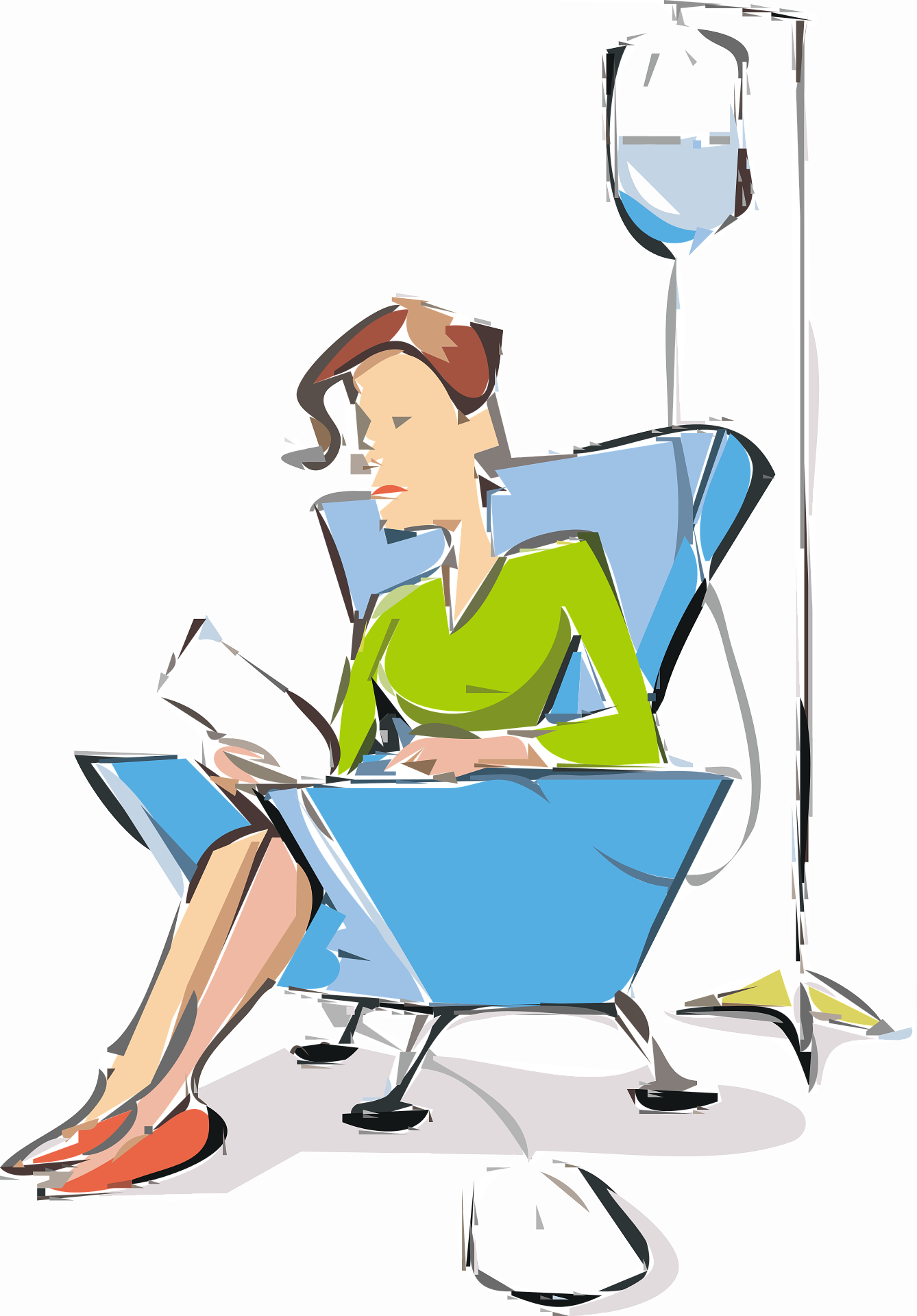Like most people (here and abroad), I was shocked when in that late March evening television news, I saw 42-year-old Catherine, the Princess of Wales tell the nation (and the world) about her (still undetermined) cancer diagnosis. And that she was undergoing a course of preventative chemotherapy. I noted she said she was ‘well and getting stronger every day’ thanks to her ‘fantastic medical team’ who is taking great care of her. I, like most people of all creeds and breeds, feel for Kate and her family of course, and hope she makes a full and speedy recovery.
But there was a little fly in the ointment for me, as I watched her speak to camera. Of course, I thought, she would have a ‘fantastic medical team’. Upon discovering the cancer (after Kate’s abdominal surgery), the doctors were swift in their actions to arrest and prevent any further development. And then Kate concludes her message with a word (or few) to those suffering from cancer. She begs them not to lose hope because as she sees it, help is out there. They are not alone.
They could well be. Because in the same week (a few days before Kate’s announcement) we heard that the NHS waiting list was pushing 10 million. In 2023, over 120,000 people in England died while on the NHS waiting list for hospital treatment. And before you even get a chance to see a consultant, you would be lucky to see your GP in the first place. Recent figures show that one in 20 patients is being forced to wait a whole month for a GP appointment. The running joke amongst friends was that you would either be cured of your ailment or be dead by the time you saw your doctor. A sick joke. Sadly, this is a joke no longer. It is a tragic reality for a lot of people.
There seems to be a disconnect between the basic premise and the promise of the NHS that it will be there for us when we need it. That doesn’t help the 250 people who needlessly die each week because they had to wait too long for medical care. The British Medical Association calls this a ‘national scandal’. And so it is.
On the specific subject of cancer, 55-year-old former NHS nurse Tina Bean from Stebbing in Essex had to wait 158 days for her treatment for stage three bowel cancer, which has spread to her pelvic lymph nodes. She first had to wait 80 days after seeing her GP before she received her diagnosis. And a further 158 days before her treatment of daily radiotherapy and chemotherapy began. Think how horrific and terrifying that must have been for her. And her family.
Oncologist Professor Pat Price, head of the charity Radiotherapy UK, who also co-founded a campaign called ‘Catch Up With Cancer’, said cancer care in the UK was “in crisis”. And in Tina Bean’s case (and I am certain she is not alone) you can see why. Equally, senior doctors have warned that cancer patients are being let down and that some run the risk of dying (when they needn’t have) because they are not being treated on time. Delays can hurt your survival rate. Thousands of patients are facing unacceptable waits to be diagnosed and treated and a recent BBC news analysis found that cancer waiting times were the worst on record.
So, what has brought us to this shameful state of affairs? For one thing, doctors say the deaths were closely linked to the intense pressure hospitals are under and the widespread lack of staff that was hampering the NHS’s efforts to provide timely care and cut the waiting list.
Let me tell you something: the government needs to get a grip and make cancer a priority and with the help of experts, produce a designated cancer plan. Like royalty (and the rich), the common people also deserve their right to life and to have access to the best possible cancer care. Let’s give it to them.



